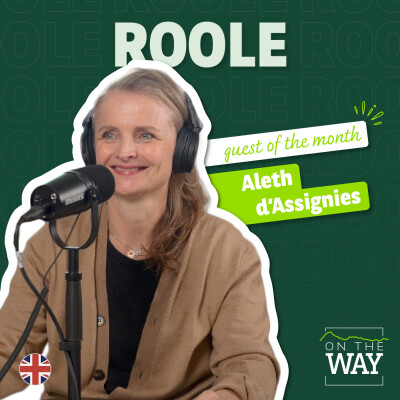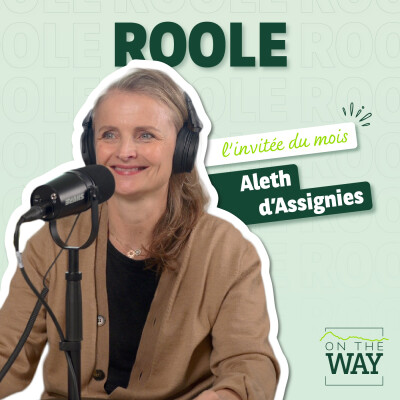Description
Hortense Harang, co-founder of Fleurs d'Ici and wetradelocal.io is not named by chance. It is the flower market that she has decided to revolutionize – or rather restore as in time.
And finally, no need to reinvent the powder, just a little common sense and a lot of digital!
After several years as a journalist, a career in communication, politics and consulting, Hortense finally found his way into social entrepreneurship without ever losing sight of his common thread: the general interest.
But how can we combine a profitable company with a general interest? Is it possible? If so, why is no one doing it?
In this episode, Hortense informs us that the local represents only 7% of the offer in our major French retailers. And for good reason, it’s easier to get garlic from Argentina than if it grows 20 km from home… And this is also true for flowers! Red roses on Valentine’s Day are not glamorous… Manufactured in developing countries, in Kenya in particular, in questionable working conditions and with aberrant ecological impact, the great journey these roses undertake in February each year leaves much to be desired.
But why? Why bring such fragile products from so far away? How can we justify making it easier to buy from the other side of the world (through Holland) rather than through our flower farms? Why do we no longer respect the seasons?
Several answers to this: first of all flower producers in France are becoming increasingly rare, local flower farms have not resisted the giant Dutch platform. There are also the industrialists and the big florists who see in it an economic and logistical gain: «you know exactly what
you will have, at a certain date and at a certain price.» Easy when you don’t have a season: you can guarantee huge quantities of flowers, identical and at low cost. And finally, consumption patterns. Our time has accustomed us to having everything, all the time, regardless of the season and our location. Hortense, who spent his childhood waiting for the season of cherries as if it were Christmas, knows it well: this is no longer the case today.
And yet, she decided to remedy it! Faced with the climate emergency and convinced that it is by making more responsible consumer choices every day that we can change the course of things the course of history, the course of the economy, the course of society, Hortense takes us on Fleurs d'Ici adventure.
In this episode, discover the path of Fleurs d'Ici: how to relaunch the sector in France, how to convince florists to offer local flowers, how to give envy to consumers choose a violet rather than a rose…?
Hortense delivers the stages of creation of Fleurs d'Ici, until the company’s flourishing success (it’s the case to say it): 300 new flower farms in France, florists who present themselves-even to work with Fleurs d'Ici and consumers who will not go back. To do this, it was necessary to break the codes and prove that it was possible to return to the local, without altering the efficiency of the companies.
Bringing the old rhythm of the seasons back to the modern day thanks to a powerful and efficient use of digital: this is the story of Fleurs d'Ici, on the microphone of On The Way.
Hébergé par Ausha. Visitez ausha.co/politique-de-confidentialite pour plus d'informations.





